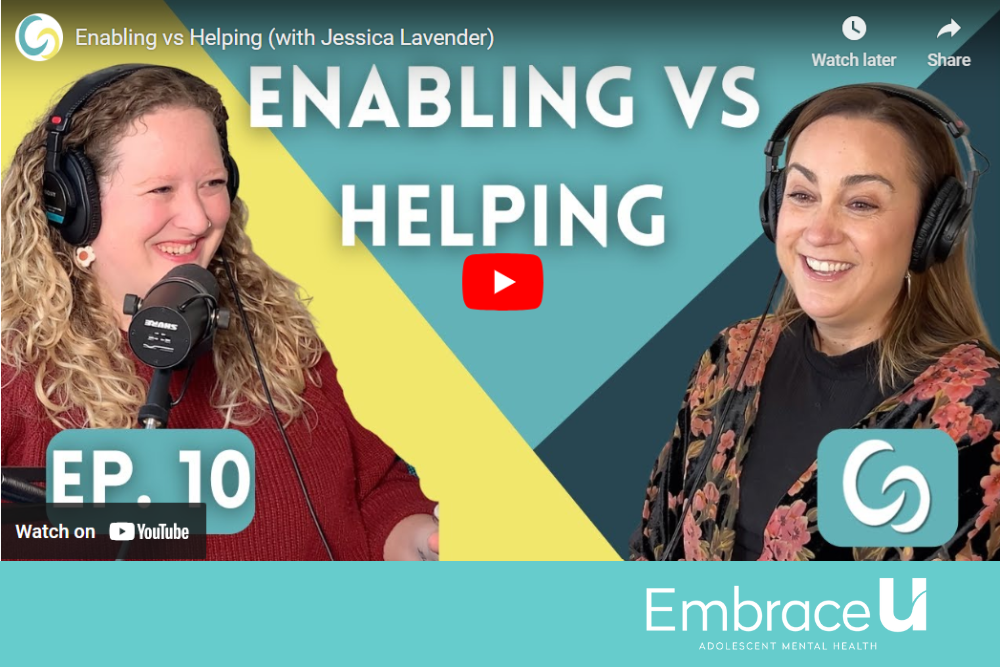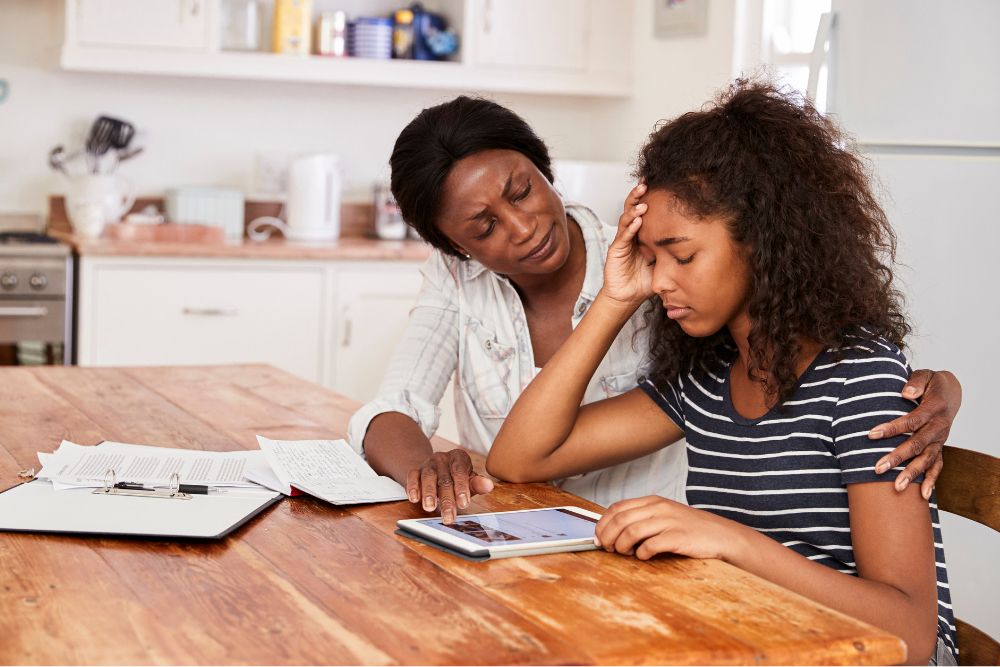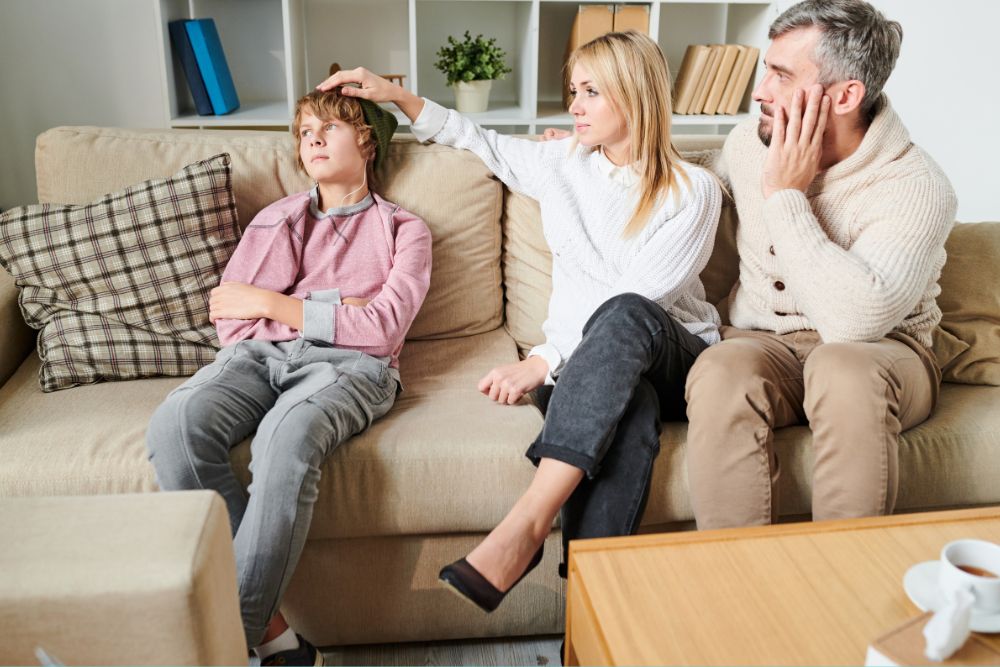Helping Parents and Teens Understand Childhood Depression
Childhood depression is a serious mental health condition that affects millions of children and teens each year, according to the Centers for Disease Control (CDC). Despite being a common condition, childhood depression is often misunderstood and stigmatized. Many parents struggle to understand why children get depressed and what treatment options they have.
It can be hard to recognize the signs of depression in a child, let alone understand what may be causing it. Teenagers experiencing depression may have difficulty expressing how they feel or find it uncomfortable to discuss with parents and friends. Some teens may attempt to hide their depression out of fear of being judged, criticized, or not taken seriously.
More than 4% of children between the ages of 3 and 17 have diagnosed depression, according to the CDC. The following useful insights into the most common reasons why children and adolescents experience depression can help you develop a better understanding of the symptoms of childhood depression and know when to seek professional help.
It’s normal for children to experience mood swings as they grow and develop, but depression is more than just a stage. Depression involves a persistent sense of sadness or loss. In severe cases, depression can lead to thoughts of suicide. Depression is typically diagnosed if symptoms last two weeks or longer, according to the Cleveland Clinic. Depression should only be diagnosed by a healthcare provider.

Symptoms of depression in children and teens include:
- a feeling of sadness or hopelessness
- lack of interest in activities they once enjoyed
- low energy levels or general tiredness
- mood changes
- changes in eating or sleeping habits
- behavioral problems at school
What Causes Depression in Children?
While a traumatic event such as the loss of a loved one or friend can trigger depression, there are several factors that can increase the likelihood that a child may experience this mood disorder. Anxiety often plays a role in a child or teen’s depression, causing feelings of worry and fear about everyday situations. Here’s a look at other factors that can contribute to childhood depression.
Biological Factors
A range of biological factors can increase the risks of depression, including changes in brain chemistry, genetics, hormones, and a family history of mental health conditions. Therefore, it’s not uncommon for young children and teens to experience major depressive episodes, especially if they have a genetic predisposition to depression. Hormonal changes during puberty can also make some teens more vulnerable to depression.
Stressors and Life Changes
Children go through many changes throughout childhood and adolescence. Some of these changes can be very difficult. Stressors such as schoolwork, bullying, peer pressure, changes in family dynamics, and the loss of a family member or friend can all contribute to feelings of sadness and despair in children and teens. When these stressors become overwhelming, they can trigger a depressive episode.
Negative Thinking
Children and teens who are constantly bombarded with negative thoughts and attitudes, either internally or externally, may be at higher risk of developing childhood depression. For example, children who are constantly criticized or bullied by peers or family members may start to believe they are unworthy of love and respect. Over time, these negative thinking patterns can lead to feelings of hopelessness, anxiety, and depression.
Lack of Support and Resources
A lack of support and resources, or a lack of access to resources and support, can also contribute to depression in children and teens. In some cases, families cannot afford to access the resources their child needs. Such an absence of support can worsen depressive symptoms and make it difficult for children to recover.

Solutions to Childhood Depression
Parents should be attentive and observant of their child’s moods and behaviors. Ask how they are feeling, what they are dealing with, and if they need help. If you suspect that your child may be experiencing depression, it’s important to seek professional help as soon as possible. There are several effective treatments for childhood depression, including therapy and, when needed, medication.
Consider reading our blog, How Do I Know if My Teenager Needs Counseling? for more information on when to seek treatment. It’s also important to encourage your child to develop healthy coping skills like exercise, meditation, or engaging in extracurricular activities. Help them build a supportive environment so they know they are never alone in this battle.
If you’re a child or teen experiencing depression, talking to someone you trust can also make a big difference. Don’t be afraid to reach out to close friends, family members, a teacher, or a coach. There are many reliable resources on the internet, such as those on the Society for Adolescent Health and Medicine’s list of Mental Health Resources for Adolescents and Young Adults.
Ultimately, childhood depression is a serious condition that can have long-term impacts on the life of a child, and the sooner it’s identified and addressed, the more effective treatment will be. While there is no definitive cause of childhood depression, parents can help their children overcome it by being aware of the risk factors and symptoms. If you suspect your child is depressed, get them the help they need and provide continuous love and support. By doing so, parents can help their children build resilience and the confidence to tackle any emotional challenges that come their way. Remember, this is a battle worth fighting, and it can be overcome with the right support, education, and resources.
Located in Brentwood, TN, Embrace U offers outpatient therapy programs specifically designed for young people aged 10-18. Our mental health clinic gives participants and their families the support they need through individual, group, and family therapy. With the help of our experienced treatment team, you and your teen can overcome mental health struggles and grow stronger together!
Does your teen need help? Call Embrace U today!










